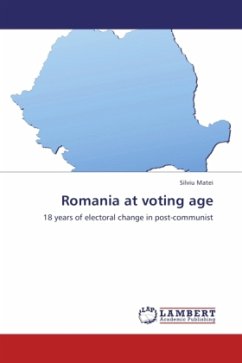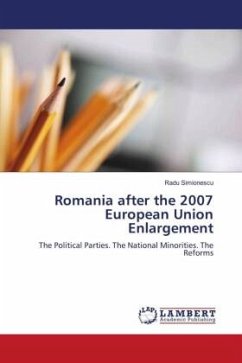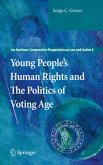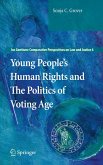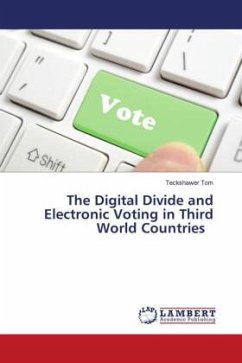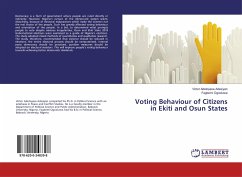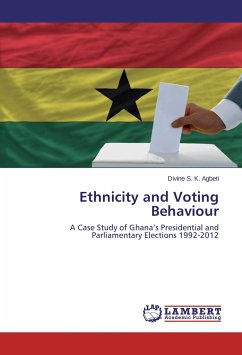The integrated analysis of electoral, socio-economic and geographic data brings new light in understanding deep social cleavages and their political translation in post-communist Romania. The impact of the social characteristics of the voters, the systemic factors of the political system and territory on the electoral behaviour of Romanians is observed and analysed during the first 18 years of democratic rule. One of the compelling conclusions is that democracy is a learning process. But in 18 years of democracy, the majority of voters have given up the democracy school. They do not turn out to vote as they are profoundly disengaged with politics. Voters, political system and even geography are changing. Although geography is stable throughout this book, joining the European Union is expected to have a significant further impact on electoral behaviour.
Bitte wählen Sie Ihr Anliegen aus.
Rechnungen
Retourenschein anfordern
Bestellstatus
Storno

